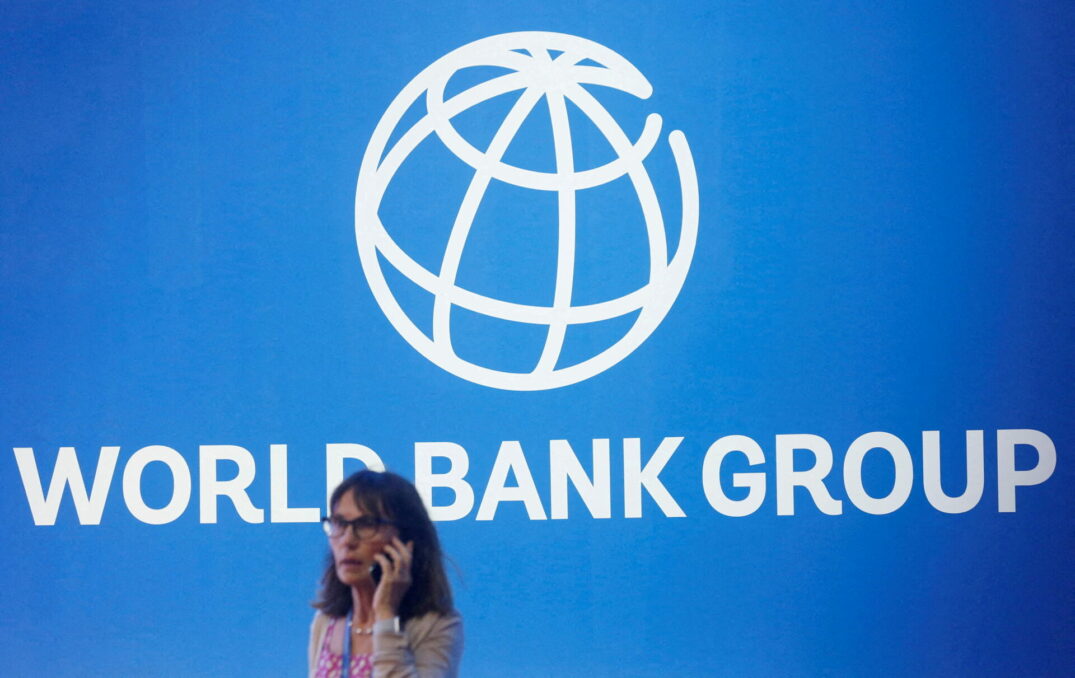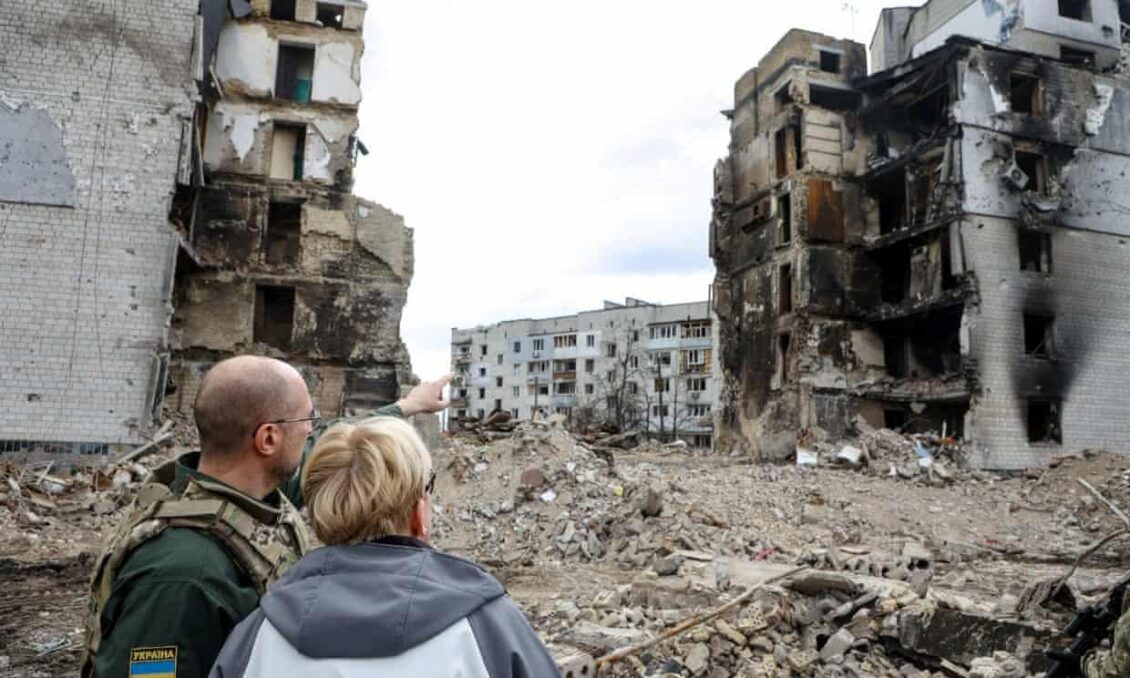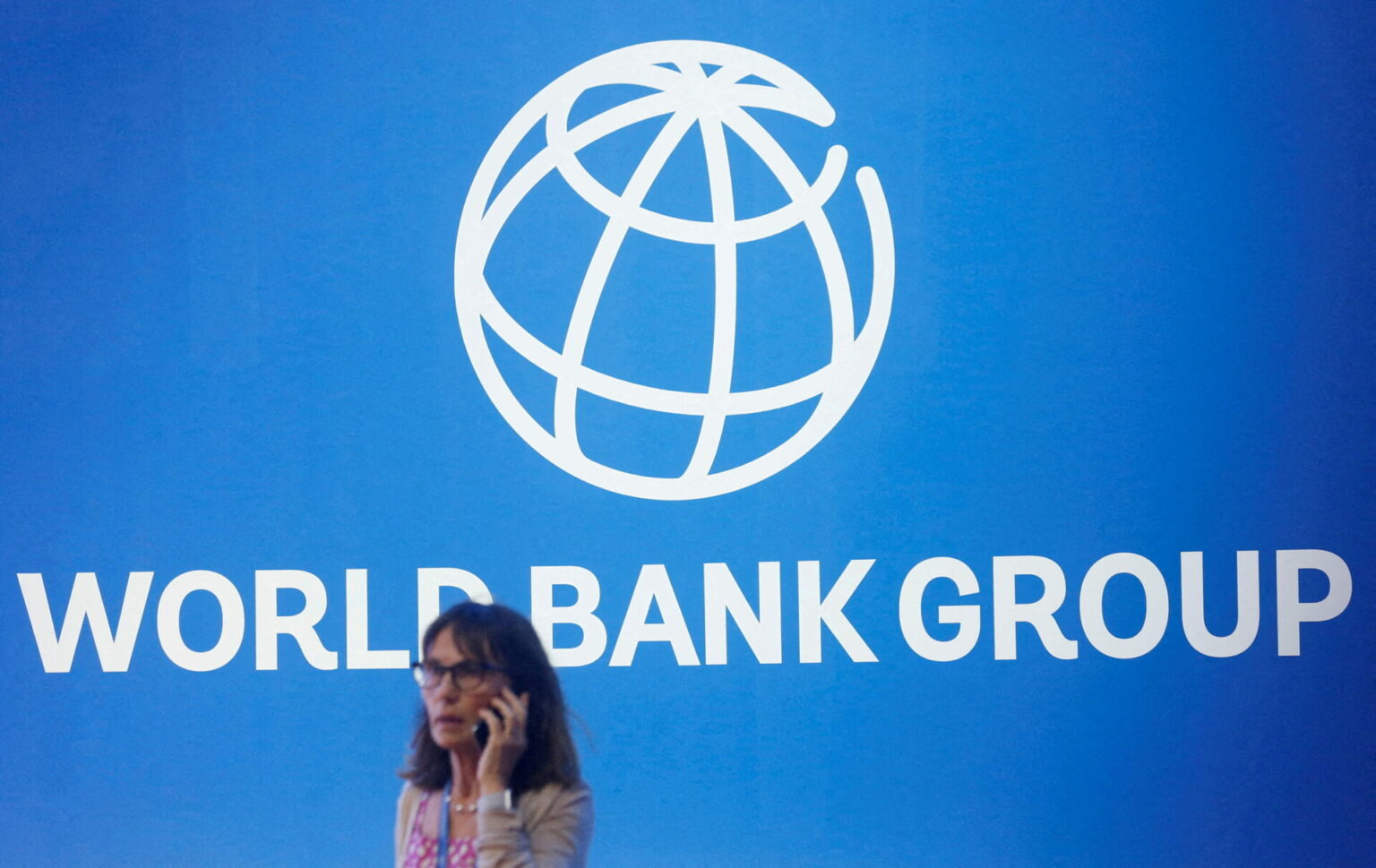Ukraine has recently been granted a significant financial boost to aid in its reconstruction efforts following the devastating impacts of Russia’s invasion. The World Bank’s Board of Executive Directors has approved a $1.5 billion Development Policy Loan (DPL), guaranteed by the Government of Japan, to support Ukraine’s recovery. This loan is a crucial component of the international support package designed to meet Ukraine’s financing needs in 2024.
In this article, we will explore the key areas that the loan will address, the reforms it will support, and its positive impact on Ukraine’s social protection system, public resources management, and overall economic recovery. We will also delve into the World Bank’s ongoing commitment to Ukraine and the extensive support it has provided to the country since the invasion.

The Three Main Areas of Government Reforms Supported by the Loan
The $1.5 billion loan from the World Bank will primarily focus on three key areas of government reforms aimed at mitigating the impacts of Russia’s invasion:
1. Providing Relief to the Newly Poor and Displaced
One of the primary objectives of the loan is to address the needs of the newly poor and displaced individuals affected by the war. The loan will facilitate the provision of relief to households that the conflict has severely impacted. This support is vital for ensuring that essential services such as education and healthcare can continue despite the challenging circumstances.
2. Enhancing Transparency and Accountability of Public Resources Expenditures
Translucency and responsibility are pivotal for effective and effective governance. The loan will support reforms aimed at enhancing the translucency and responsibility of public coffers expenditures in Ukraine. By enforcing these reforms, the government seeks to ameliorate the operation and allocation of finances, icing that they’re employed for the benefit of the Ukrainian people.
3. Strengthening Market Functionality During and After the War
Maintaining functional markets is essential for economic stability and growth. The loan will play a pivotal role in helping markets function better during and after the war. Reforms in the land, energy, and financial markets will be supported to improve reporting mechanisms, mitigate corruption risks, and enhance financial sector stability. These measures will contribute to Ukraine’s overall economic recovery.

The World Bank’s Unwavering Support for Ukraine
Since February 2022, the World Bank has been working lifelessly with the transnational patron community to give exigency backing to Ukraine. This financial support has enabled the Ukrainian government to continue delivering essential services, such as education and healthcare, to its citizens.
Antonella Bassani, the World Bank Regional Vice President for Europe and Central Asia, commended the Ukrainian government for its resilience in the face of the invasion. Despite the challenges posed by the war, Ukraine has demonstrated its commitment to implementing difficult reforms that will contribute to the country’s long-term development and economic growth.
The World Bank’s Extensive Support for Ukraine
The World Bank has been a cornerstone of support for Ukraine since the invasion, providing emergency financing for essential services. As of now, the World Bank Group has mobilized over $37.5 billion to assist the Ukrainian government in meeting the needs of its people.
Numerous countries have joined forces with the World Bank to contribute to this cause. The United States, Japan, the United Kingdom, Norway, the Netherlands, Spain, Germany, Canada, Switzerland, Sweden, Denmark, Austria, Finland, Ireland, Lithuania, Latvia, Iceland, and Belgium have all made significant commitments and pledges to support Ukraine’s recovery and reconstruction.

Future Projects to Drive Ukraine’s Development
Looking ahead, the World Bank and the Government of Ukraine will implement framework projects in the new fiscal year 2024-2024. These projects will focus on priority sectors such as energy, health, social protection, education, housing, and agriculture. The aim is to drive sustainable development and ensure that Ukraine emerges from this crisis with a stronger and more resilient economy.
Conclusion
The approval of the $1.5 billion Development Policy Loan from the World Bank marks a significant milestone in Ukraine’s journey toward recovery and reconstruction. The loan will provide crucial support to address the needs of the newly poor and displaced, enhance the transparency and accountability of public resources expenditures, and strengthen market functionality during and after the war.
Furthermore, the World Bank’s unwavering commitment to Ukraine, along with the support of numerous countries, demonstrates the international community’s solidarity in helping Ukraine rebuild and develop a more resilient economy. With ongoing projects and future initiatives, Ukraine is poised to emerge from this crisis stronger than ever before.













